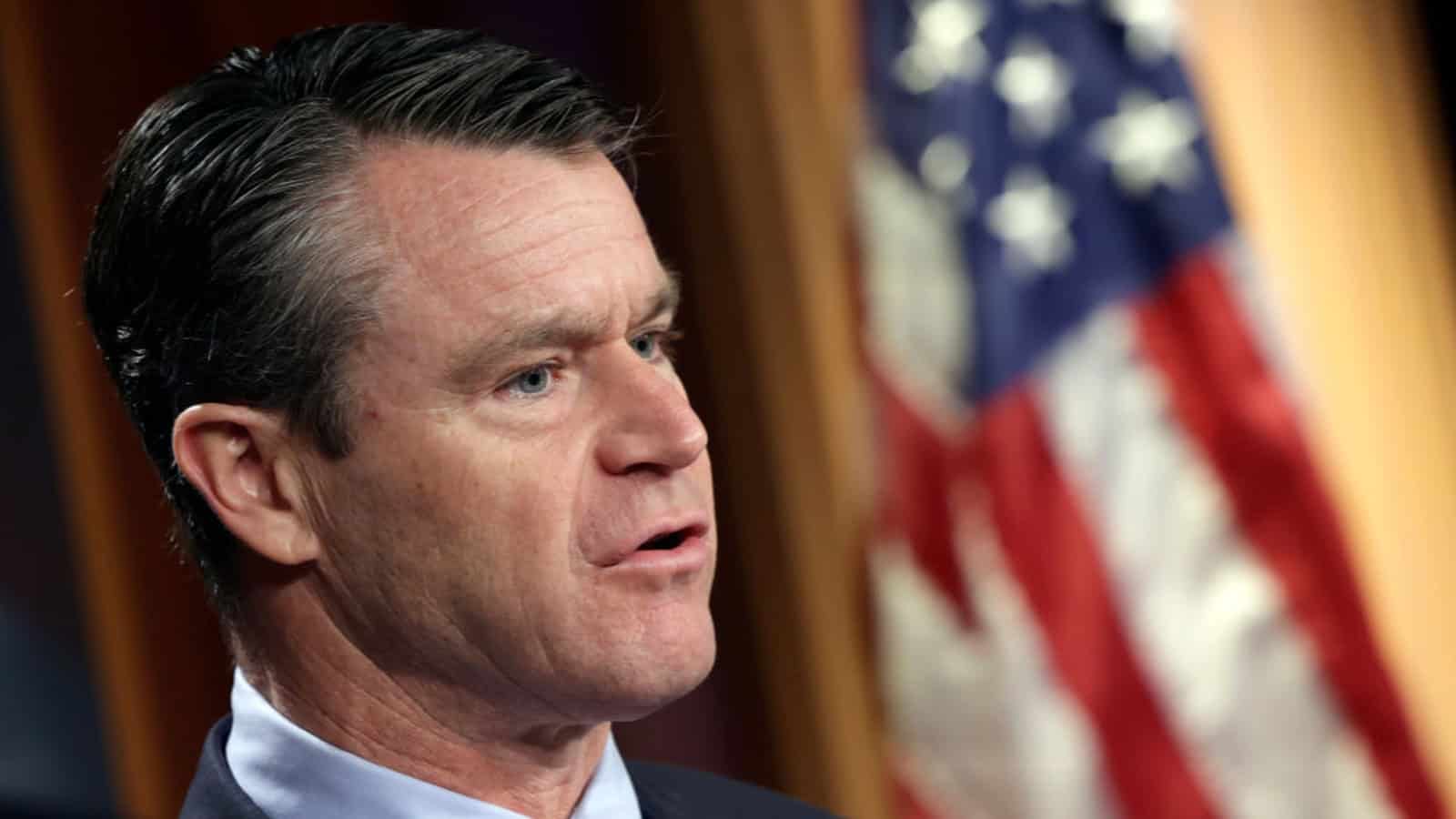R&D Expensing: Q&A with Sen. Young

The NAM recently talked to Sen. Todd Young (R-IN) about the importance of reinstating immediate expensing for research-and-development expenditures. Here’s the full interview:
NAM: Sen. Young, Congress is facing a “Tax Armageddon” next year, as crucial provisions from 2017’s Tax Cuts and Jobs Act are set to expire. As a member of the Senate Finance Committee, what is your focus moving into next year’s debate?
Sen. Young: The Tax Cuts and Jobs Act was a great success—millions of Americans, especially those in the middle class—saw their taxes go down. Corporate tax receipts went up. We stemmed the tide of corporate inversions, and many companies chose to return their operations and tax bases to the United States. If Congress does not act next year to extend provisions of the TCJA, we will undo all of these victories and inflict long-lasting damage on our economy. As we prepare for next year, I am focused on evaluating how best we can build upon our TCJA successes and continue to adopt pro-growth, fiscally responsible tax policy that helps hardworking Americans thrive.
NAM: As you know, for nearly 70 years, manufacturers in the U.S. were able to fully deduct their R&D expenses in the year incurred. Beginning in 2022, however, manufacturers were forced to spread their deductions over several years, greatly harming our ability to grow and compete. What is Congress doing to restore immediate R&D expensing?
Sen. Young: For several years now, I have advocated for the American Innovation and Jobs Act (S. 866), my bill with Sen. Maggie Hassan (D-NH) that would restore full and immediate expensing of R&D expenditures. We first introduced the bill back in 2020 well before the provision expired, and I am disappointed that we are now reaching the end of 2024—nearly three years after the law shifted to amortization of R&D investments—and Congress has yet to pass our bill to fix this crucial issue. As our global competitors, like China, are expanding their R&D incentives, we simply cannot allow our nation and our economy to be left behind. Congress must work to restore our R&D incentives as soon as possible, and this will be one of my top priorities heading into next year’s tax negotiations.
NAM: As a senator who was there during the Tax Cuts and Jobs Act, you know how impactful the legislation was for manufacturers to be able to compete on a global level. As we get closer to next year, what are you hearing from stakeholders on the need for pro-growth tax policy so American businesses can engage and grow around the world?
Sen. Young: At the risk of oversimplifying the issue, it really comes down to competitiveness. A lot of the work I have done in the tax space as well as in other areas is focused on ensuring that America’s position as a global leader remains strong. Without growth, our economy suffers and our ability to remain internationally competitive is diminished. This is a massive national security risk. So, as I look ahead to what next year may hold in the tax arena, I am focused on pro-growth tax policy. We need to be thinking creatively about ways we can add value to our economy and, in turn, ensure Americans are better off.
In different industries this takes on different forms; however, one common thread is the need for R&D. To grow and develop new products, businesses have to put significant amounts of capital into R&D costs, both domestically and internationally. That is why one of my core areas of focus continues to be restoring full and immediate expensing of R&D costs. It is vital for the health of our economy that we take this action, which allows safer and more innovative products to be brought to the marketplace; increases the number of [well]-paying, high-skilled jobs; and secures U.S. interests abroad by ensuring we remain globally competitive.
NAM: Thank you, Sen. Young. What else can NAM members do to stay engaged and be a resource for you going into next year?
Sen. Young: I have always appreciated the NAM’s partnership and advocacy as we work together on these important issues. I would encourage NAM members to continue sharing stories with their elected federal officials of the importance of these tax incentives, like R&D, that enable the creation of high-quality jobs, promote our national competitiveness and strengthen our economy. Your voice matters.
